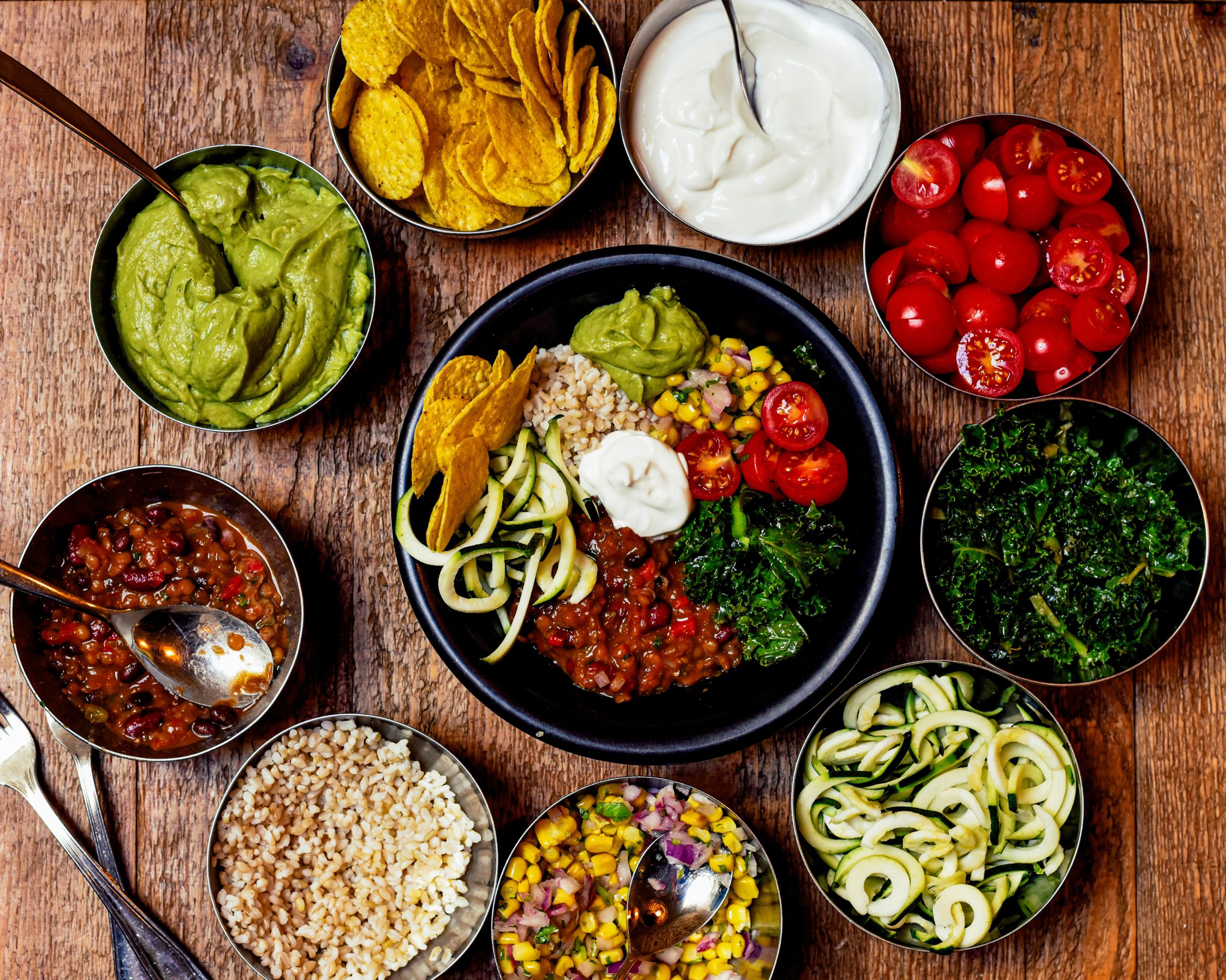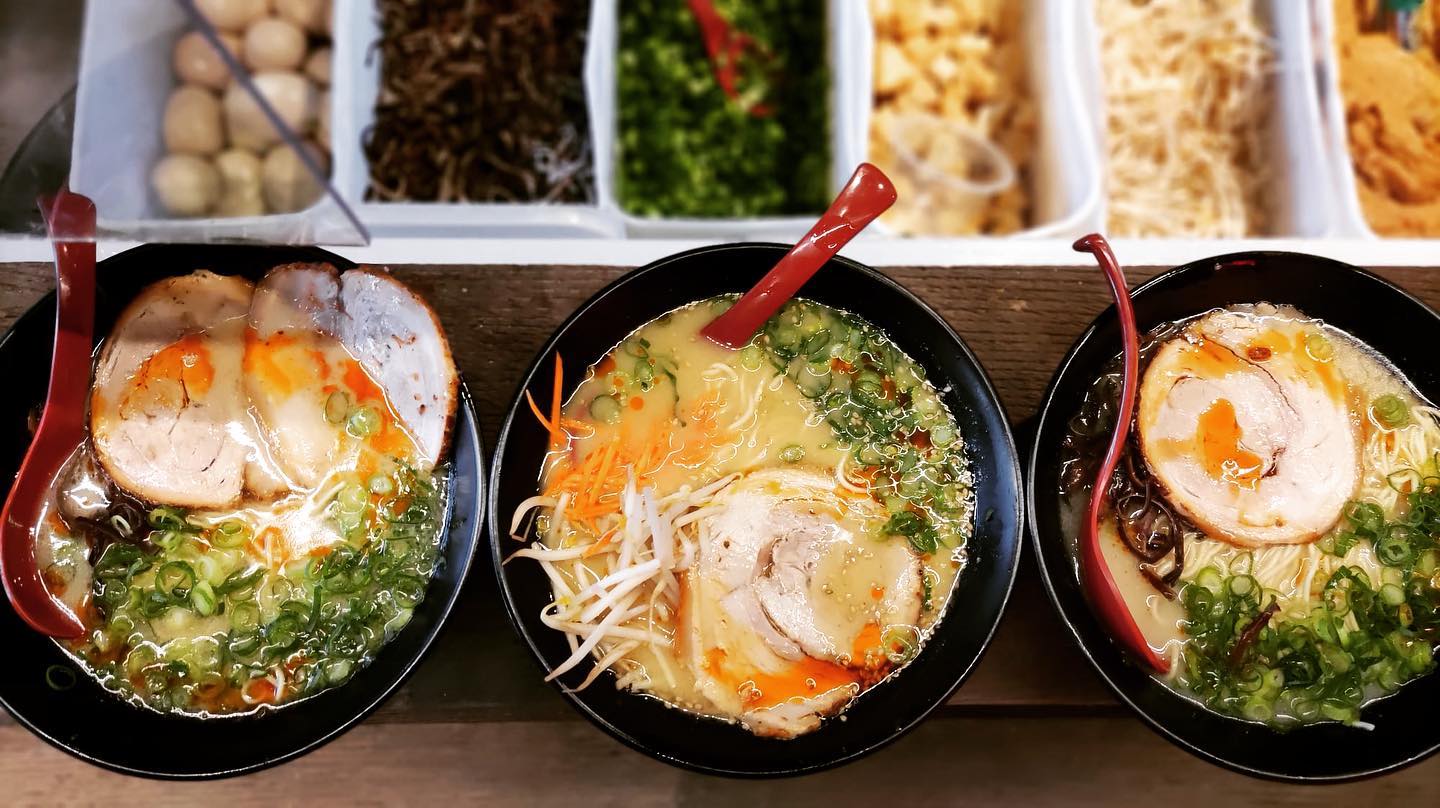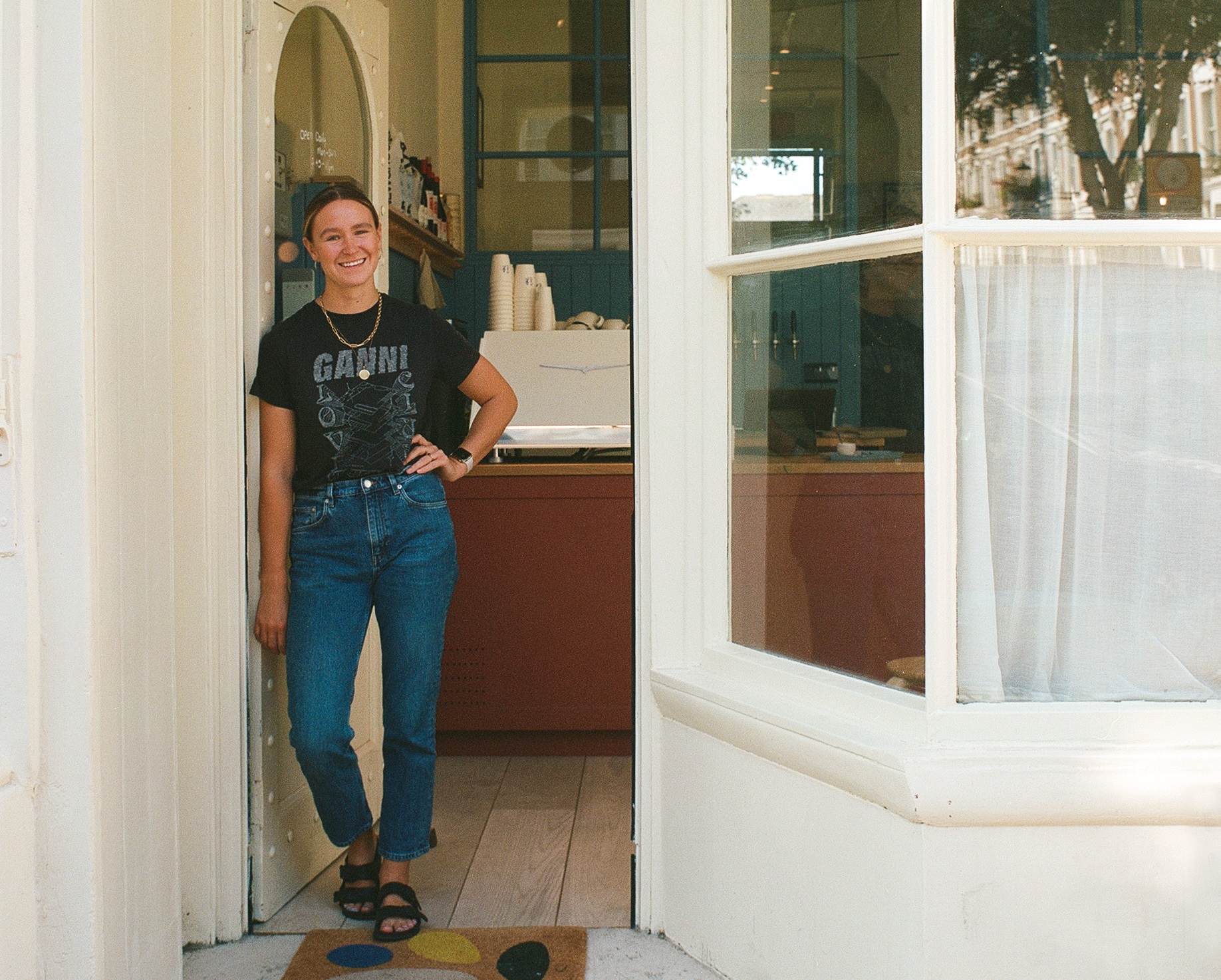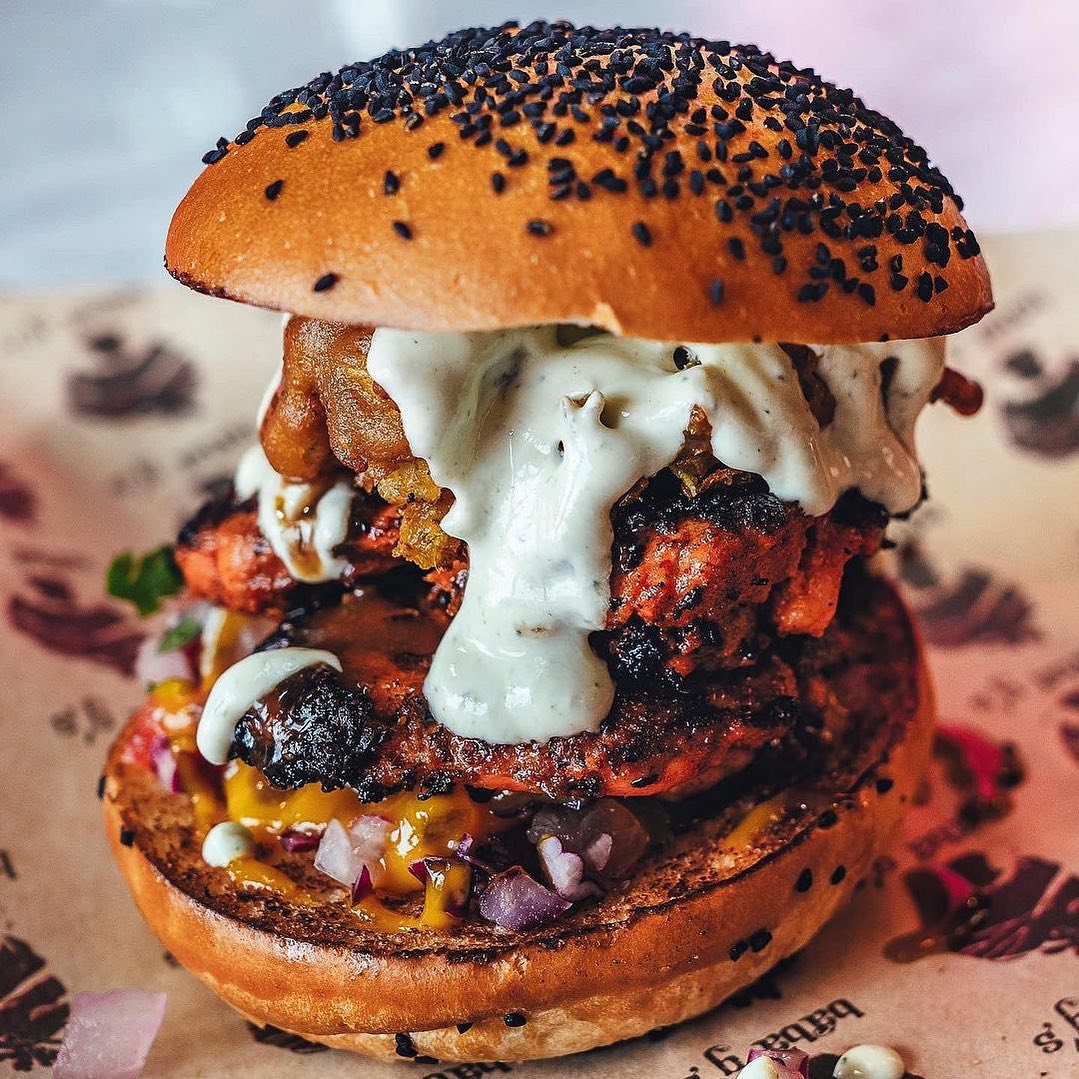Adopting a vegan diet – or one which tries to limit meat and dairy consumption – is one of the most effective and easy ways that individuals can reduce their impact on the climate crisis. World Vegan Day, celebrated on the 1st of November each year, aims to highlight the benefits of veganism on personal health and wellbeing, as well as on the natural environment.
This year however, World Vegan Day takes on particular significance. The world’s collective gaze is turned to Glasgow’s COP26, as world leaders and diplomats from almost 200 countries convene for the U.N. Climate Summit. The summit remains “our last, best hope” to deal with the ongoing damage caused by the climate crisis and curb greenhouse gas emissions before it’s too late, said British government minister Alok Sharma.
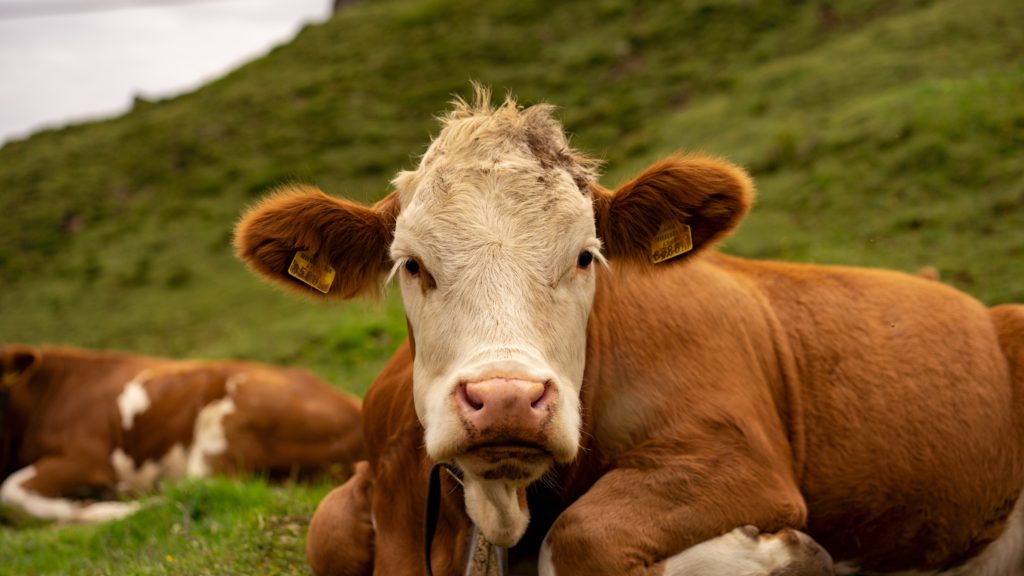
When the stakes are so high, actions so slow, and forecast so bleak, it’s easy to feel helpless and hopeless at the scope of the situation. And while putting the onus of climate action on the shoulders of individuals is both counterproductive and misguided, there are things you can do for yourself to feel like you’re implementing change on a smaller scale. One of those things is to educate yourself on the environmental benefits of reducing your consumption of meat and animal products.
An indisputable fact is that the global food system as it stands is harming our planet. It is one of the leading causes of land use, emissions, freshwater use, and water pollution, and scientists expect that the environmental impact of our food systems will worsen by 50-90% by 2050, marking a tipping point when our planet could no longer sustain humanity.
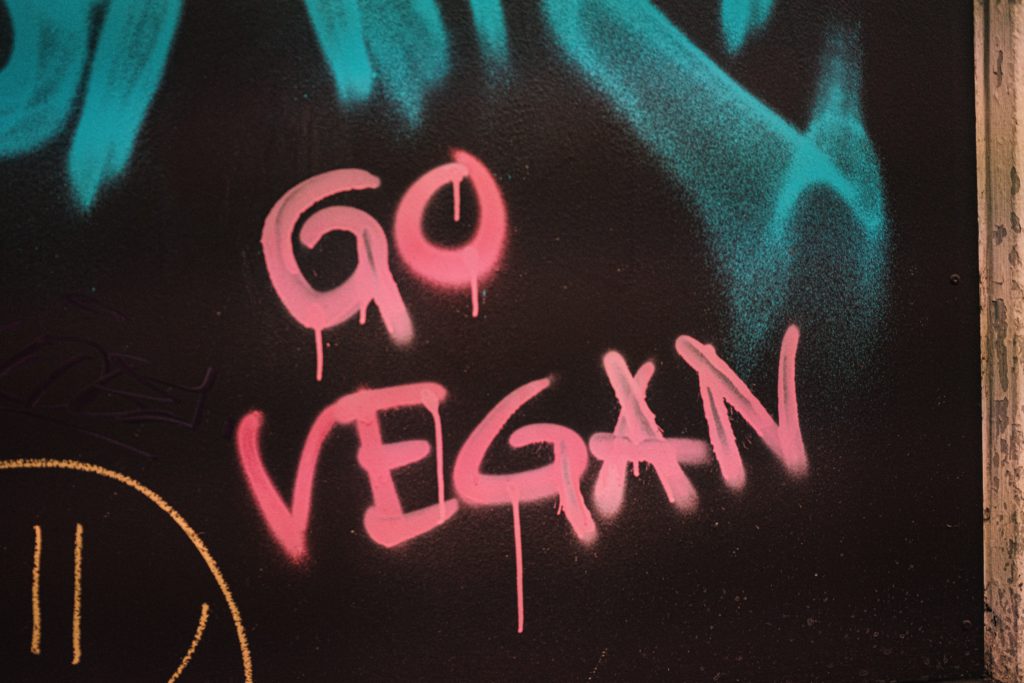
One of the worst culprits are intensive factory farms, where the vast majority of meat consumed in Britain is produced. The deforestation needed to make way for livestock, along with methane emissions and fertiliser use, create as much greenhouse gas emissions as all the world’s cars, trucks, ships and airplanes put together.
Without meat and dairy consumption, global farmland use could be reduced by more than 75% – the loss of wild areas to farmland is the leading cause of the current mass extinction event. And while meat and dairy provide just 18% of calories and 37% of protein for the average person, its production uses 83% of farmland, and produces almost 60% of both agricultural greenhouse gases and water pollution.
“A vegan diet is probably the single biggest way to reduce your impact on planet Earth, not just greenhouse gases, but global acidification, eutrophication, land use and water use,” said Joseph Poore at the University of Oxford, UK, who led the most comprehensive analysis to date of the damage farming does to our planet. “It is far bigger than cutting down on your flights or buying an electric car… Avoiding consumption of animal products delivers far better environmental benefits than trying to purchase sustainable meat and dairy.”
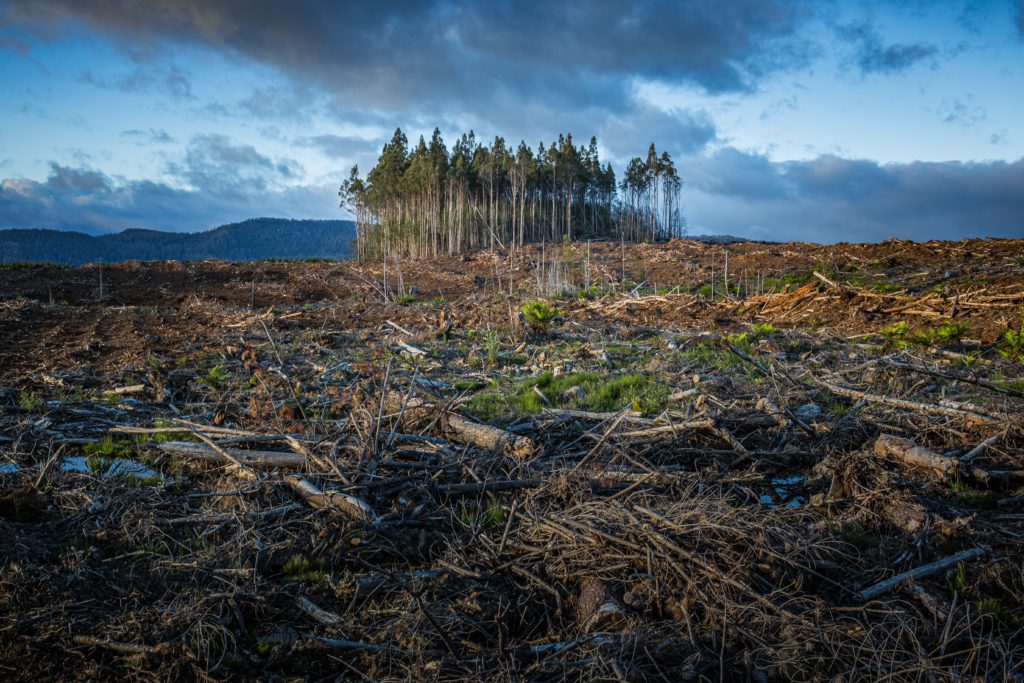
But harm to the planet can also be reduced without the total global population becoming vegan, Poore explains. If only the highest-impact, most harmful half of meat and dairy production was replaced by plant-based foods, this would still deliver two-thirds of the benefits of getting rid of all meat and dairy farming.
Population Ecology professor at the University of Leeds, Tim Benton is unequivocal in his view: “The global food system is broken.” He explains that, for Earth to remain liveable for humans, “it is vital that we change our relationship with meat, especially with red meat.”
So, whether you consider reducing your meat and dairy intake, adopting a flexitarian diet, a vegetarian one, or even becoming wholly vegan, you are contributing to a better future for all.
On World Vegan Day, check out some of the best, vegan-friendly restaurants in London, or search for vegan eats near you.
This article is part of an ongoing series on the environmental impact of our food systems.
Header image courtesy of Ralph (Ravi) Kayden
